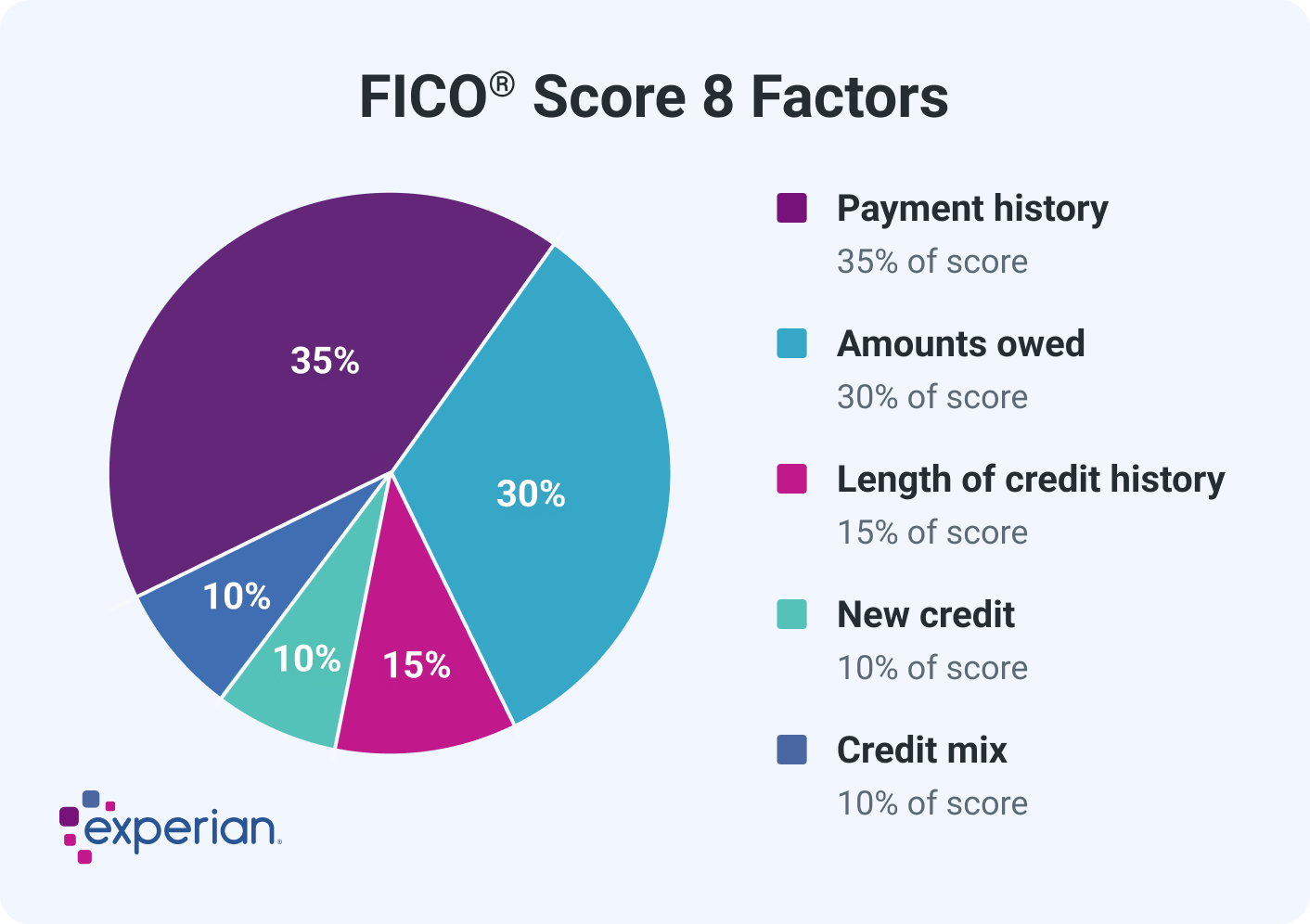Nutrition Myths Debunked: What Science Really Says About Diets.
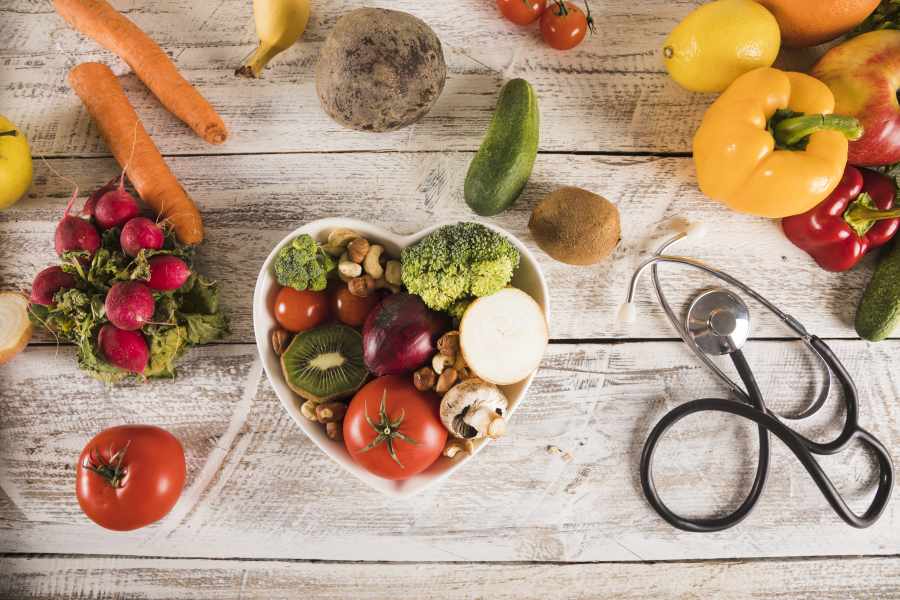
In a world flooded with diet trends, celebrity endorsements, and viral wellness tips, nutrition has become more confusing than ever. From keto to clean eating, from fasting to superfoods, the internet is packed with promises of the “perfect” diet. But how much of it is based on science—and how much is just a myth?.
This post dives deep into the most common nutrition myths, separating fact from fiction to help you make smarter, evidence-based choices for your health.
Why Nutrition Misinformation Spreads So Easily.
Before we debunk the myths, it’s worth understanding why they persist:
- Appeal of quick fixes: "Lose 10 pounds in a week!" is more attractive than "Make sustainable changes over months."
- Anecdotal evidence: Just because a diet worked for someone doesn't mean it’s scientifically sound—or safe.
- Media and influencers: Many promote trends without the backing of real nutrition science..
- Confirmation bias: People tend to seek out information that aligns with what they already believe.
Now let’s get to the facts.
Myth #1: Carbs Are Bad for You.
The Truth: Carbohydrates are a vital energy source and an essential macronutrient. Not all carbs are created equal, though.

- Simple/refined carbs (like white bread and sugary snacks) can spike blood sugar and offer little nutritional value.
- Complex carbs (like whole grains, legumes, fruits, and vegetables) are rich in fiber, vitamins, and sustained energy.
Science Says: Diets rich in whole grains and fiber are associated with lower risks of heart disease, diabetes, and obesity.
✅ Focus on quality, not elimination.
Myth #2: You Need to Detox with Juices or Cleanses.
The Truth: Your body already has a highly effective detox system—your liver, kidneys, lungs, and skin.

Most detox programs are low in nutrients, calories, and protein, and can even be harmful if followed long-term.
Science Says: There's no clinical evidence that juice cleanses eliminate toxins or promote lasting weight loss.
✅ Support your body naturally with a diet rich in water, fiber, and antioxidants.
Myth #3: Fat Makes You Fat.
The Truth: Dietary fat is essential for brain health, hormone production, and vitamin absorption.
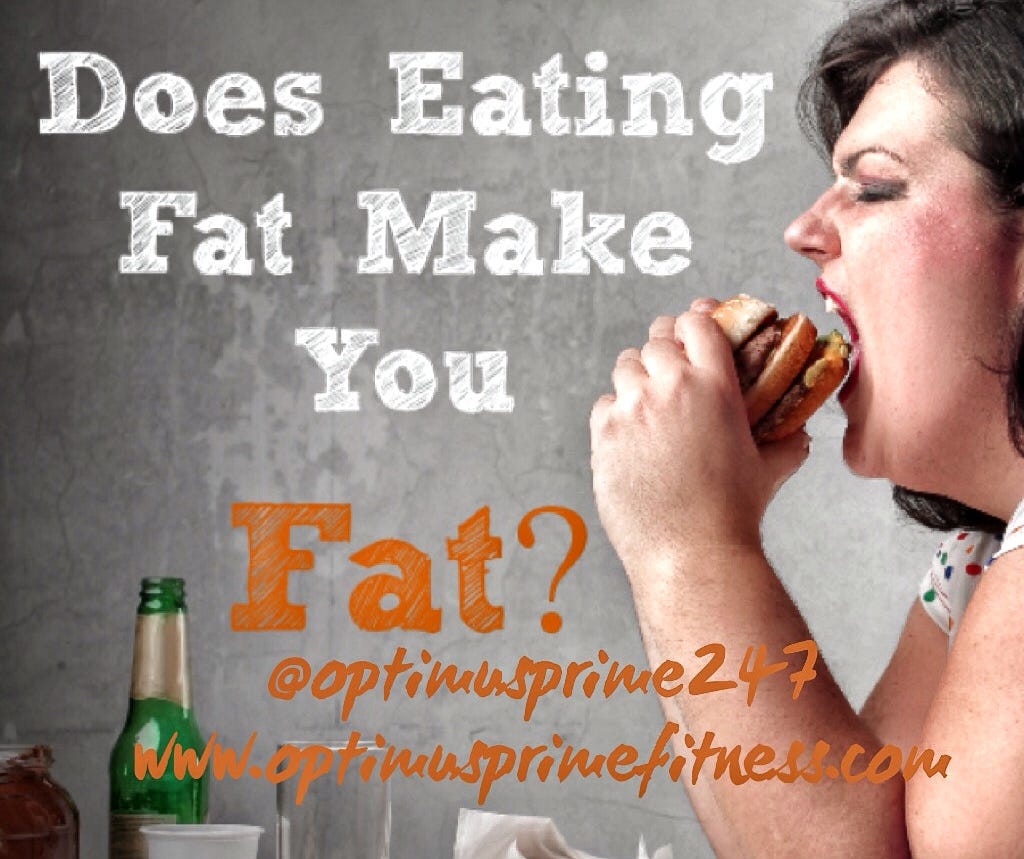
The fear of fat began in the 1980s with the rise of low-fat products, many of which were high in sugar and refined carbs—ironically contributing to weight gain.
Science Says: Healthy fats (from nuts, seeds, olive oil, avocados, and fish) are linked to reduced inflammation, better heart health, and weight control.
✅ Choose unsaturated fats and avoid trans fats and excessive saturated fat.
Myth #4: Eating Late at Night Causes Weight Gain.
The Truth: Weight gain depends more on total calorie intake and expenditure than the clock.

That said, eating late—especially large or unhealthy meals—can disrupt digestion and sleep, and may contribute to poor food choices driven by fatigue or stress.
Science Says: There's no strong evidence that nighttime eating inherently causes weight gain. What matters most is what and how much you eat.
✅ Avoid heavy meals before bed, but don’t stress over a late healthy snack.
Myth #5: You Must Eat Every 2–3 Hours to Boost Metabolism.
The Truth: Frequent small meals can work for some people, but they’re not a magic bullet for metabolism.
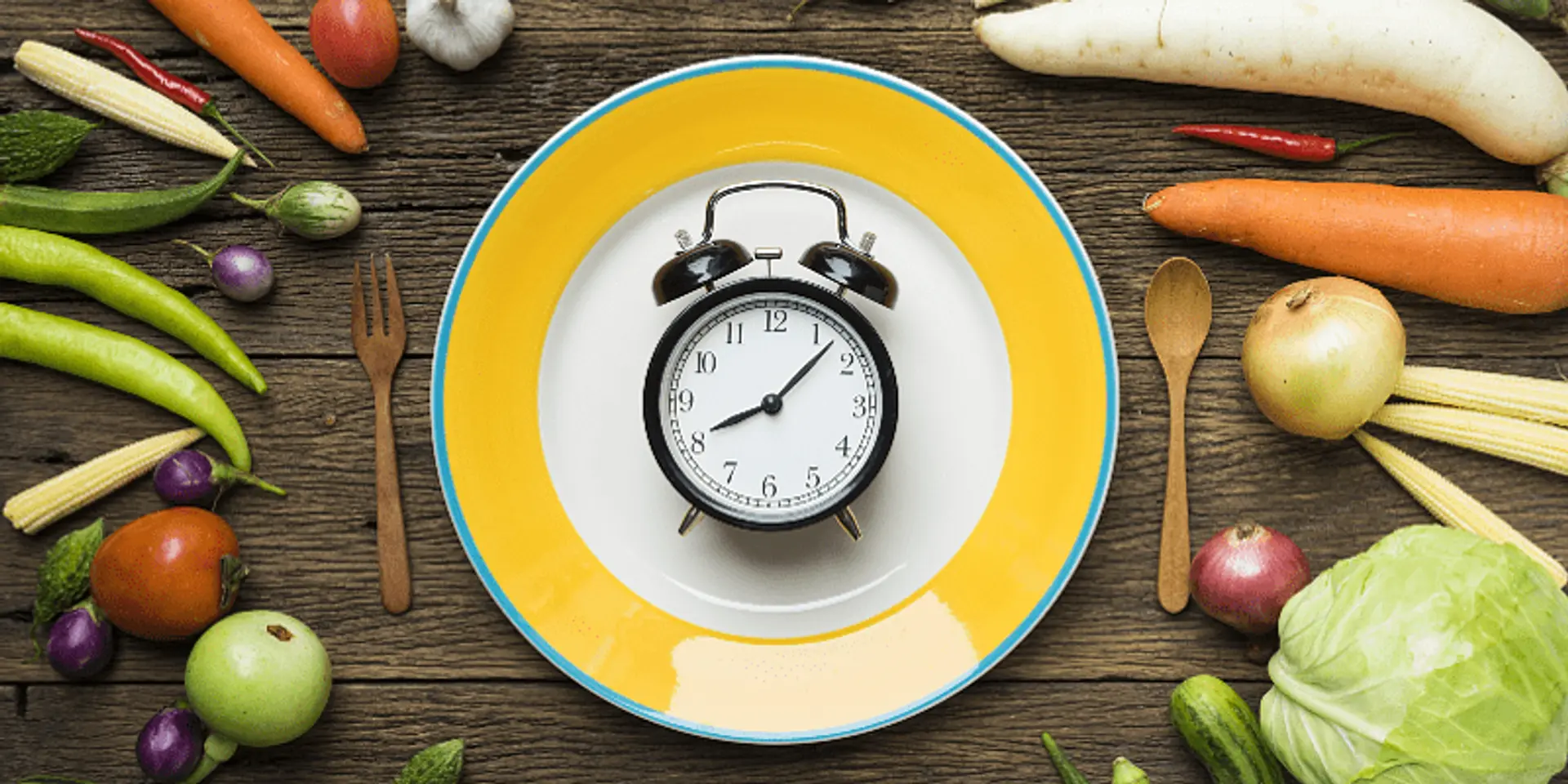
Science Says: Studies show no significant metabolic advantage to eating more frequently. What matters is total nutrient intake and calorie balance over 24 hours.
✅ Choose a meal pattern that fits your lifestyle and keeps your energy stable.
Myth #6: All Calories Are Equal.
The Truth: While a calorie is technically a unit of energy, your body processes different types of calories differently.
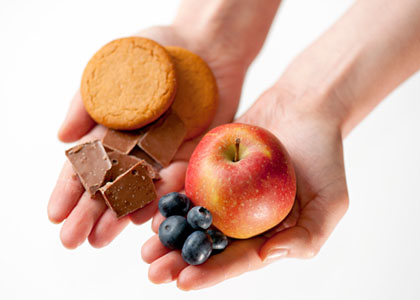
- 100 calories of soda and 100 calories of almonds have vastly different effects on blood sugar, satiety, and nutrient density.
Science Says: Nutrient-dense foods promote fullness, stabilize hormones, and support long-term health, even at the same calorie level.
✅ Prioritize quality over quantity. Not all calories are created equal.
Myth #7: Gluten-Free = Healthier.
The Truth: Gluten-free diets are essential for those with celiac disease or gluten sensitivity, but not everyone benefits.

Gluten-free products can be highly processed and lack fiber, vitamins, and essential nutrients.
Science Says: For the general population, there’s no evidence that avoiding gluten improves health.
✅ Unless medically necessary, focus on whole grains over gluten-free processed foods.
Myth #8: High-Protein Diets Are Dangerous for Your Kidneys.
The Truth: This concern mostly applies to people with pre-existing kidney conditions.

In healthy individuals, high-protein diets are generally safe and can aid in weight management and muscle retention.
Science Says: No strong evidence supports the idea that high-protein diets harm kidney function in healthy people.
✅ Balance protein intake with plenty of water and fiber.
Myth #9: You Can Spot-Reduce Fat (e.g., Doing Sit-Ups to Lose Belly Fat).

The Truth: You can strengthen specific muscles, but you can’t control where your body loses fat.
Science Says: Fat loss is systemic. The best strategy is a combination of cardio, strength training, and a healthy diet.
✅ Train your full body and focus on sustainable fat loss, not quick fixes.
Myth #10: “Natural” or “Organic” Means Healthy.
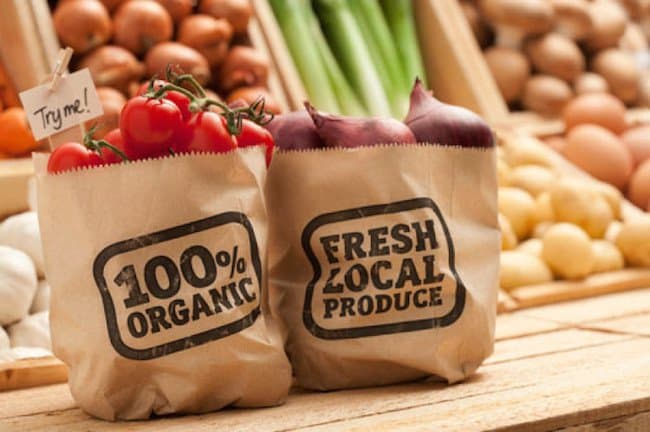
The Truth: These labels can be misleading. “Natural” isn’t regulated, and “organic” refers to farming methods—not nutritional quality.
Organic cookies are still cookies. A natural energy drink can still be packed with sugar.
Science Says: Health is about the overall nutritional profile, not just the label.
✅ Read ingredients and nutrition facts, not just marketing terms.
How to Navigate Nutrition in the Age of Misinformation.
To stay informed and make the best choices:
- Consult registered dietitians or healthcare professionals, not influencers.
- Follow reputable sources like Harvard Health, Mayo Clinic, and peer-reviewed journals.
- Stay skeptical of products or diets that promise extreme results with little effort.
How to Navigate Nutrition in the Age of Misinformation.
Nutrition isn’t black and white, and what works for one person might not work for another. But by debunking common myths and focusing on scientific consensus, you can take a smarter, more personalized approach to eating well.
Forget fad diets and miracle claims—real health comes from consistent, balanced, nutrient-rich habits.

